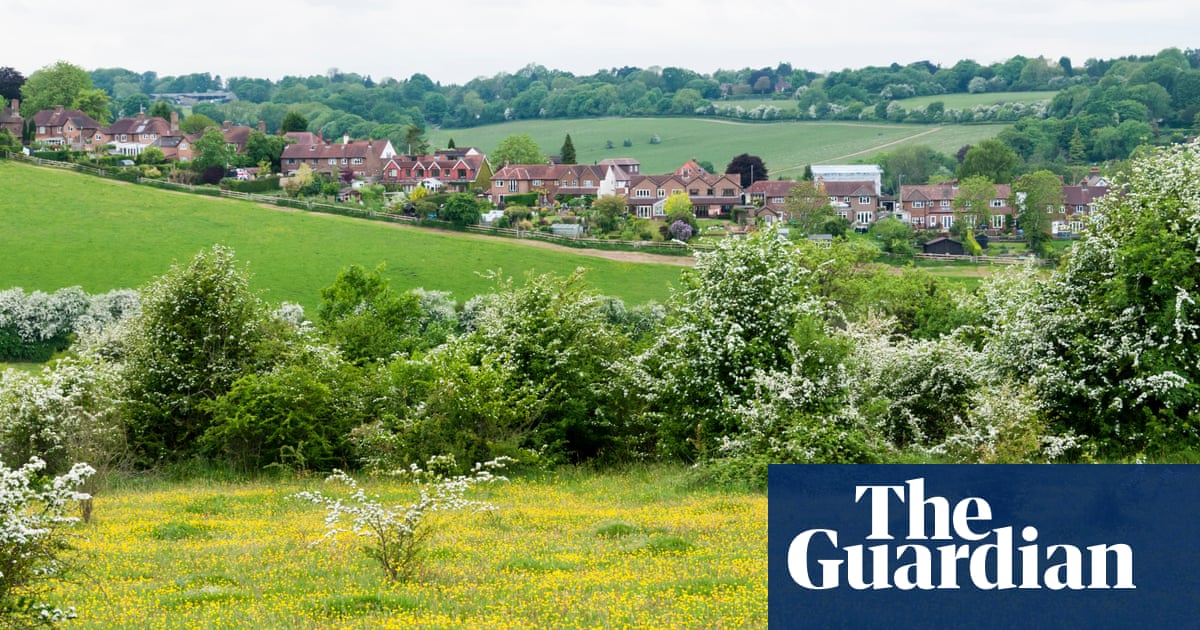
As a Green party member living in Jeremy Hunt’s new constituency, I was heartened to receive a communication before the general election inviting me to vote on whether the selected GP candidate, Steve Williams, should stand aside to help improve the chance of unseating Mr Hunt. I thought my vote and those of similar minds would count. But as explained by Neal Lawson (The Greens, expelling activists for uniting to oust Jeremy Hunt? So much for progressive politics, 29 July), the views of the majority of local members, who like me thought “country before party”, were brushed aside by the Green party national office.
They cited a conference resolution that empowered the national executive to install their own candidate if the local party didn’t put one forward. But the resolution doesn’t require the executive to do so, it just gives them the power to do it. In the case of Godalming and Ash, the possibility of defeating Mr Hunt at the general election was obvious. Yet the national office stuck dogmatically to the idea that every seat should be contested, come what may. And as a result, possibly kept Mr Hunt in parliament. Smart thinking it was not.
How far has the Green party fallen? In December 2016, Caroline Lucas celebrated the Liberal Democrat byelection victory in Richmond Park after local Greens stood aside, telling the Independent that it showed that if progressive parties are “willing and able to work together then we can win against the so-called regressive alliance”. She added: “I think [standing aside] clearly made a difference – it made a difference in numbers and in tone because what we were doing was going out and talking to people about the need for a different kind of politics. A less tribal politics … if we can work together we can maximise our chances of success.”
Robert Palgrave
Cranleigh, Surrey
The Green party’s expulsion of members following its decision to stand down a local candidate to clear the general election field for the Lib Dems would seem to be heavy-handed and insufficiently respectful of local party democracy. However, the principle of standing a Green candidate in every seat remains sound.
The Greens and Lib Dems are very far from interchangeable parties – try to imagine a Green-Conservative coalition if you doubt that – and were the Greens to stand down in every constituency where a “progressive” candidate were judged more likely to be elected, the result would be an electoral landscape devoid of virtually any Green option at all for voters.
Calculations about who is most likely to win a seat are inevitably based on an extrapolation of previous election results and bake in the status quo at a time when meaningful alternatives to business as usual are sorely needed. The last general election has shown both how volatile voter intentions are and how able electors are to navigate the inadequacies of first past the post and eject an unpopular government if they wish.
Neal Lawson’s electoral calculus makes the dubious assumption that the thousand or so Green voters in Jeremy Hunt’s constituency would have meekly transferred their votes to the Lib Dems rather than, say, spoiling their ballots in frustration at the lack of choice. I agree with Lawson that we need to work cooperatively to find common ground, but the place for this is after an election not before. Seeking consensus should not be allowed to blur into excluding the only party offering a real alternative at the ballot box. Otherwise, the authoritarianism both he and I fear will be upon us anyway, as voters disengage with an electoral system that just offers more of what has gone before.
Kevin Middleton
Green party local councillor











